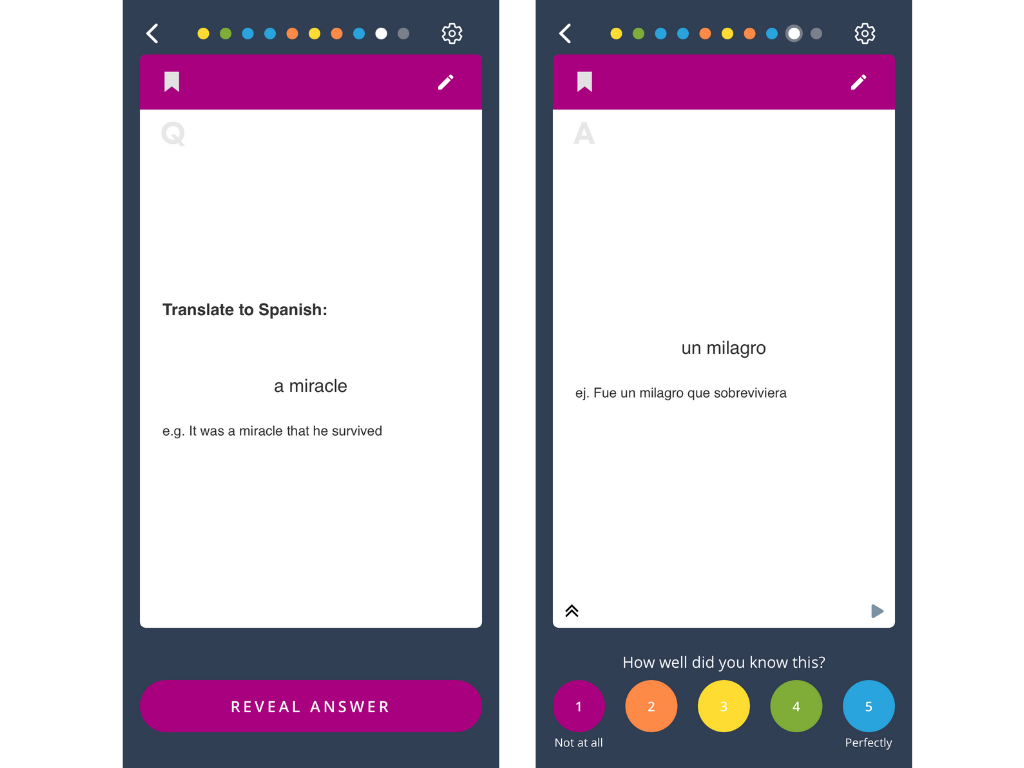We need to report a robbery—by the English language.
English has been 'stealing' words from other languages for centuries. To be fair, words that are adopted from a different language with almost no modification are actually called loanwords. Although, I doubt we'll be giving them back any time soon.
James Nicoll, a Canadian blogger and freelance reviewer, described this behavior by the English language as follows:
"English doesn't borrow from other languages. English follows other languages down dark alleys, knocks them over and goes through their pockets for loose grammar."
It sounds harsh but the evolution of English, more so than some other languages, has remained very fluid, allowing various words to be invented or added to the lexicon over time. Dictionary.com goes as far as claiming that 80% of words in the English language have a non-English origin!
The point is, you're probably peppering your speech with a ton of cool foreign words without even noticing, which is why we decided to put together this list, courtesy of How To Learn.
Quick aside: here's how to learn languages faster

If you need a little "secret sauce" to greatly improve your language-learning efficiency—whichever language you're learning—check out Brainscape's adaptive foreign language flashcards!
In our Knowledge Genome, you'll find the whole spectrum of user-generated and expert-curated collections of language flashcards, which you can use to efficiently drill yourself (on vocabulary, verb conjugations, commonly-used phrases, numbers, and more).
And for the complete guide on how to learn a language more efficiently, check out Brainscape's awesome tome of knowledge: 'The best way to learn a language online—your complete toolkit'.
15 Cool foreign words we use every day
Many foreign phrases have taken their place in English speaking and writing. Here are some of the most common. For each phrase, we've shown both the language from which it originates and its meaning in English. The phrase is then used in a sentence.
ad nauseam
From Latin meaning to a sickening degree. “Tom talked ad nauseam about the time he scored the winning run.”
bon voyage
From French meaning have a nice trip. “We all shouted ‘bon voyage’ as Rosa left for her vacation.”
bona fide
From Latin meaning genuine. “Emma’s teacher was a bona fide expert in European history.”
carte blanche
From French meaning unlimited authority. “As the owner of the store, Mr. Williamson had carte blanche regarding what merchandise to sell.”
caveat emptor
From the Latin meaning let the buyer beware. “I learned what caveat emptor meant the hard way when I bought a bike that never seemed to work right.”
[Read: 'Fascinating foreign words that don't exist in English']
en masse
From French meaning in a large group. “The fans left the football stadium en masse once the score became 42 to 0.”
fait accompli
From French meaning established fact. “Luis was disappointed, but his losing the election for class president was a fait accompli.”
faux pas
From French meaning a social blunder. “Elizabeth realized too late that not attending Susan’s party was a faux pas.”
ipso facto
From Latin meaning by the fact itself. “A teacher, ipso facto, is in charge of his or her class.”
modus operandi
From Latin meaning method of operating. “My modus operandi when studying is to set very specific goals.”
[Read: 'How brain science can help you learn a language faster']
persona non grata
From Latin meaning an unacceptable person. “Sally was a persona non grata in our club because she wouldn’t follow the rules.”
prima donna
From Latin meaning a temperamental and conceited person. “Laura wasn’t popular with the other girls because they considered her to be a prima donna.”
pro bono
From Latin meaning done or donated without charge. “The lawyer’s pro bono work with the homeless gave him a sense of personal satisfaction.”
quid pro quo
From Latin meaning something for something, usually an equal exchange. “Helping Ian with his math was quid pro quo for the time Ian helped me mow the lawn.”
status quo
From Latin meaning the existing condition. “Because he didn’t like change, Bert always tried to maintain the status quo.”
Question: should foreign phrases be italicised in written English?
There is some confusion about whether foreign phrases should be italicized in English writing. There certainly doesn't seem to be any definitive rule regarding this; however, by convention, a foreign phrase should be italicized, unless you have a strong expectation that your readers will know its meaning. But this is a matter of judgment.
[Read: 'Learning a new language when you’re older and how to do it!']
Expanding your language horizon

As you may have realized, many of these phrases are common in literature and everyday speech. So, familiarizing yourself with cool foreign words can go as far as helping you understand what you read. It also provides a fascinating glimpse into the ever-evolving nature of language, and how it can change over time as history unfolds. Who knows what the English language will look like 50 years from now?
Of course, in our ever-connected world, it's becoming increasingly important to not only know cool foreign words, but also learn foreign languages. Whether you want to find a job with an international company that requires learning Spanish, chat to the family of your Brazilian boyfriend, or maybe just order a coffee and croissant in perfect French, speaking a foreign language is a super useful tool to have on your skills list.
And Brainscape is the world's most effective foreign language flashcard app to help you do just that!
